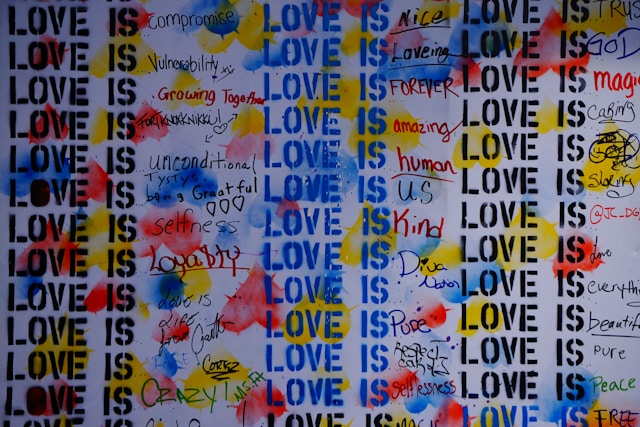Think about it for a moment. Which feels more true to you — people will do anything for love, or people will do anything for power?
How People’s Motivations Develop
By the time kids are in elementary school, they realize people act for reasons beyond the obvious. A parent doesn’t ban ball games near the neighbor’s fence because they’re “mean,” but because they want to keep good relationships with the neighbor. A friend might choose dolls over blocks not because they’re “selfish,” but because dolls feel more fun to them.
This is the age when children start to understand, people have motivations, hidden within them, that create the behaviors we see on the outside. One parent may reliably be the cautious rule-follower, while the other is more “let’s just try it.” Children learn that these unseen motivations will consistently push people to behave in certain directions.
Equally importantly, kids begin to appreciate that they too have consistency within themselves. Whether at home or at school or at play, they begin to notice the same themes guiding their choices. This realization, that ourselves and others are driven by deeper desires, is how we can begin to form an understanding of what character is.
Power and Love Are The Big Motivators
So back to our opening question, do people tend to do anything for love, or for power?
In truth, it is both. Power and love are the two big motivators of our stories. Everyone is striving, in their own ways, to either assert themselves as individuals in the world, or to merge themselves with others with bonds of connection. Themes of love and power are the twin forces which fuel the heroes and villains of our imagination. And they power each of us in our daily lives. Love and power make things happen, giving everyone energy, direction, and a sense of why they are doing what they are doing.
Wrestling With Our Motivations
We all carry both motivations. At times, we want independence, competence, and self-determination. At other times, we’re moved by intimacy, safety, and equality. But most people lean toward one theme more than the other.
For example:
- Someone naturally surrounded by loving relationships growing up, might worry about losing their sense of independence to all that closeness. Their motivation becomes carving out autonomy without breaking bonds.
- Another person might easily excel at achieving their goals but feel lonely, their relationships lacking depth. Their motivation may become seeking intimate connections without sacrificing their goals.
What Themes Motivate You?
Take a moment, and ask yourself: what tends to make you willing to tackle something difficult?
Is it the hope of feeling powerful? Do you resonate with words like strong, independent, powerful, competent, challenged, free?
Alternatively, do you do hard things in the hope that it will help relationships you care about? Do you resonate more with words like appreciation, closeness, inclusion, nurturing, intimacy?
Neither is better. Both drives can inspire extraordinary acts and profound relationships. Exploring what themes resonate most for you gives you greater self-awareness, which gives you more choice about how you want to act. And practically, it makes it easier to start making that change you’ve been meaning to make – so you can feel powerful, or you can feel loved, and ideally, both.
Reach out to us at the Imago Center DC if you’d like support on the journey to know yourself better, and have what you are longing for.

